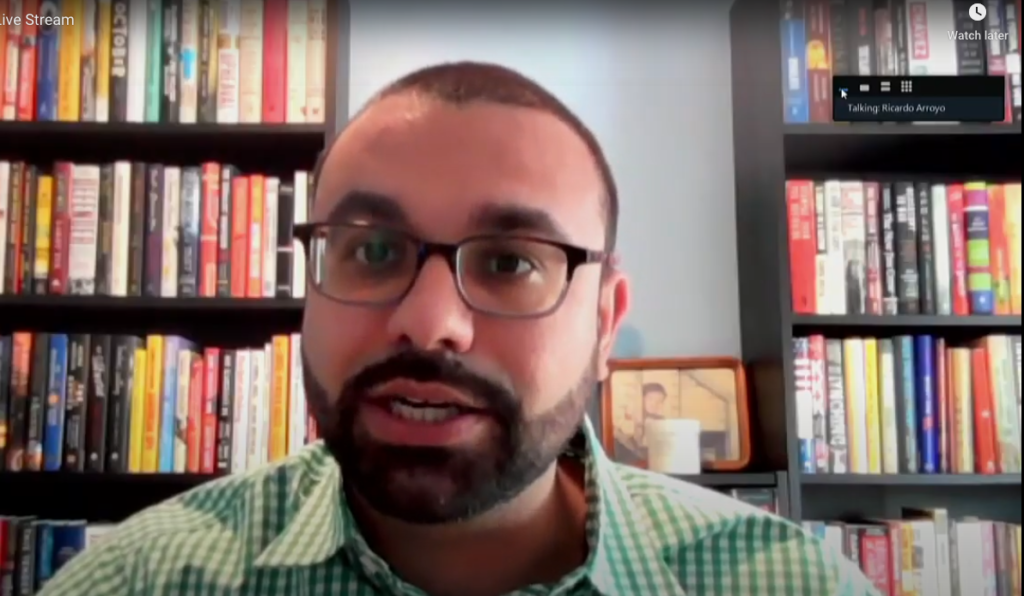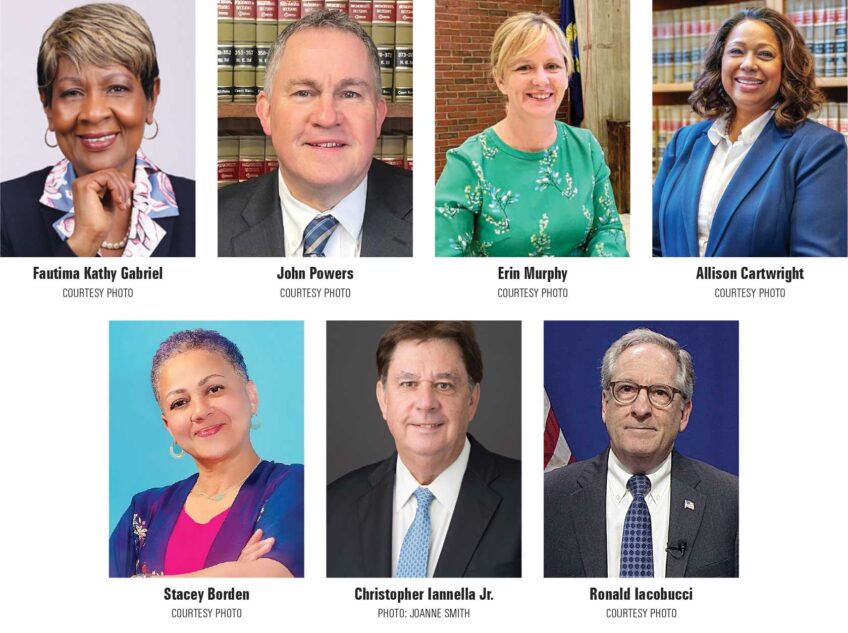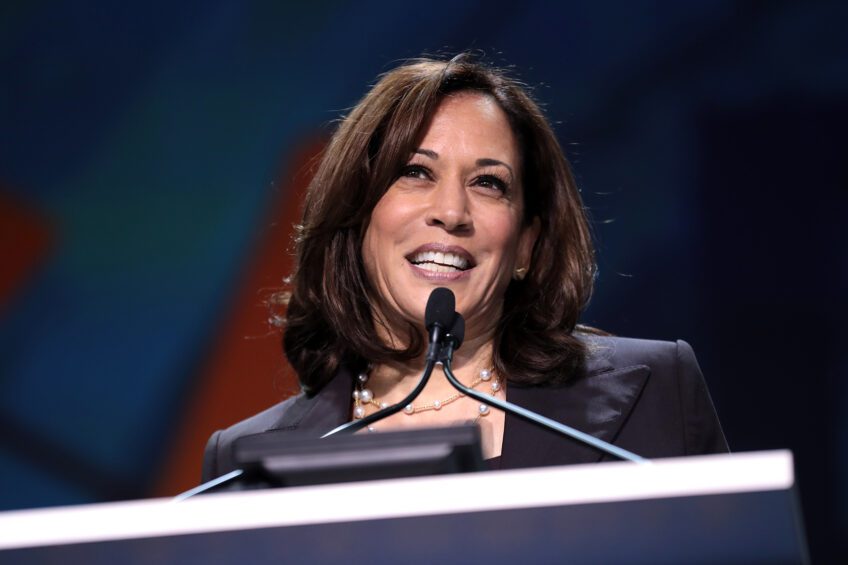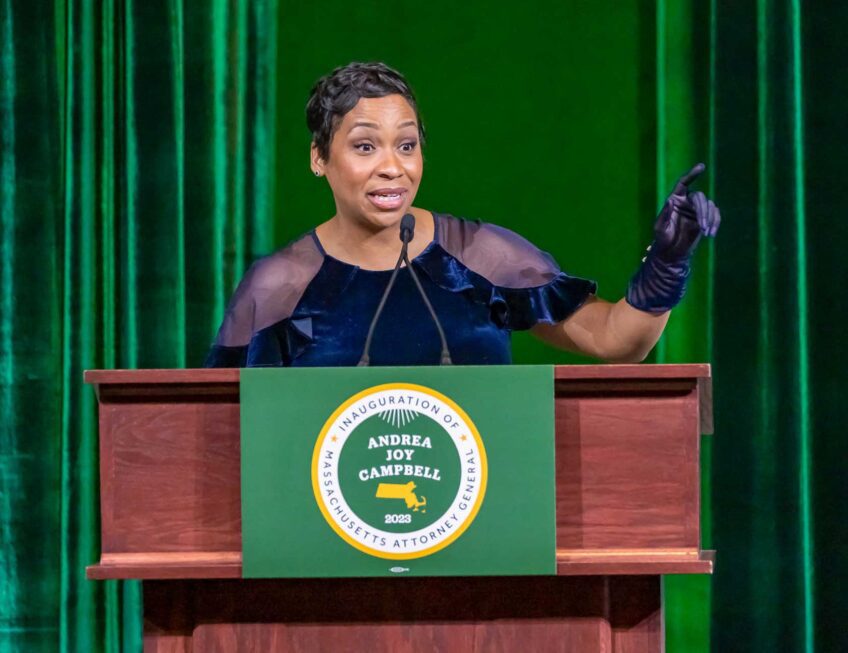Councilors spar over special election
Some see conflict in candidates voting on matter

Last Friday, a week after City Councilor Ricardo Arroyo proposed a home rule petition that would eliminate the requirement for a special election to fill the mayor’s seat, a legal review requested by Councilor Lydia Edwards found that three of the body’s 13 members could not vote on the matter due to conflicts of interest.
When councilors received copies of the review, Arroyo fired off a query to the state Ethics Commission, which that same day determined there would be no conflict of interest in councilors who intend to run for mayor or the acting mayor voting to eliminate the special election.
The legal review, written by the City Council’s staff attorney, cited the state’s conflict of interest law, Chapter 268A, in making the case that neither an acting mayor nor councilors who have declared their candidacy for mayor could vote on the home rule petition.
The ruling would bar from voting councilors Michelle Wu and Andrea Campbell, both of whom launched mayoral campaigns last year, and Council President Kim Janey, who will serve as acting mayor when outgoing Mayor Martin Walsh vacates his seat to serve as Labor secretary in the administration of President Joe Biden.
“Section 19(a) of this law would prohibit certain councilors from voting on Docket #0155 because they have a financial interest in the matter,” the memo reads.
The decision Arroyo received from the state Ethics Commission cited the same Section 19(a) but noted that its language “specifically exempts home rule petitions.”
Arroyo on Friday called for a review of the apparent error in ruling the vote would constitute a conflict of interest.
“I will be moving forward with a request for a review of how such a clear and damaging error occurred,” he wrote. “An error that could have, unchecked, wrongfully disenfranchised elected members of this body and the constituents that they represent.”
The preceding week, when Arroyo proposed the home rule petition, he cited the potential disruption to the city government and residents of holding two preliminary and general elections during a pandemic, as well as the historic low turnout in Black and Latino communities in special elections and the potential for having as many as four mayors within a 12-month period: Walsh, Janey as acting mayor, then the winner of the special election, and finally, the winner of the scheduled November election.
Political observers have noted that holding a special election, which could come as soon as 120 days after Walsh’s departure, would benefit candidates who have already raised significant funding or have the potential to do so in the short window provided by the 120-day schedule. Councilors Wu and Campbell have campaign war chests with more than $500,000 each.
Janey, on the other hand, reported $96,975 in her Dec. 31 filing with the Office of Campaign and Public Finance. Should she decide to run for mayor, she would potentially benefit from a longer time until the election. As acting mayor, she could benefit from the raised profile she would gain with additional months as the face of city government.
Arroyo’s proposal to waive the special election is not without precedent. The city of Lawrence this year eliminated a special election after Dan Rivera left the mayor’s seat to serve as director of the state agency MassDevelopment. The Boston City Council also voted in 2007 to eliminate the preliminary election in the at-large races.
In a string of messages posted on Twitter Saturday, Arroyo blasted the notion that councilors would be engaging in a conflict of interest in eliminating this year’s special election.
“Suggesting a body that votes on its own salary, that voted on a home rule to extend their own terms from 2YRs to 4YRs, that votes on their own district lines, has a conflict *here* isn’t just wrong on its face but legally as well & harmfully slows a process requiring urgency,” he wrote. “It’s an argument that would’ve wrongfully disenfranchised, solely, women of color, two of whom are district councilors representing communities hardest hit by the pandemic & comprised of our most disenfranchised residents, excluding them & their constituents from the process.”
This week, community organizations including the NAACP Boston Branch, the Asian American Resource Workshop and King Boston joined the fray, calling on the Council to cancel the special election.
“We need stable leadership during the uncertainty of the COVID-19 pandemic and recovery,” said Roxana Rivera, vice president and local head of 32BJ SEIU in a statement sent to news media. “High participation in two safe elections will lead to greater public trust in our democratically elected leadership, which is critical for the city’s COVID-19 relief and recovery efforts.”
Mimi Ramos, executive director of New England United for Justice, said, “We need decisive and swift leadership from the City Council to pass the home rule petition within the next week. This is about putting our community’s health and well-being before politics.”
Edwards set a Feb. 3 date for the Council’s vote on the home rule petition. During a Jan. 13 hearing on the matter, councilors Frank Baker and Matt O’Malley expressed reservations. More recently, Councilor Annissa Essaibi-George told a WGBH reporter she plans to abstain from voting in the home rule petition, citing her potential run for mayor.
Wu said she would seek legal counsel on the matter, according to a Boston Herald report.
Janey, in a statement, said she would follow state ethics rules, and cited the State Ethics Commission advisory’s determination that there is no conflict of interest for her or other councilors to vote on the matter.







